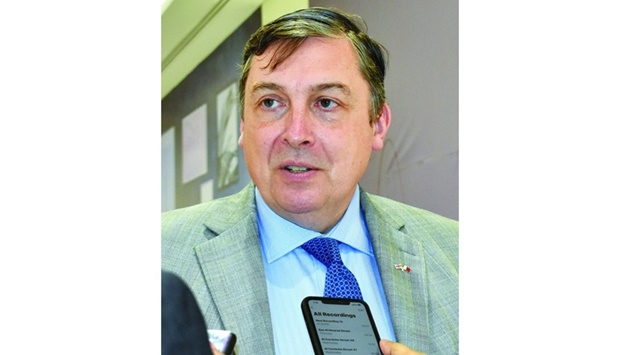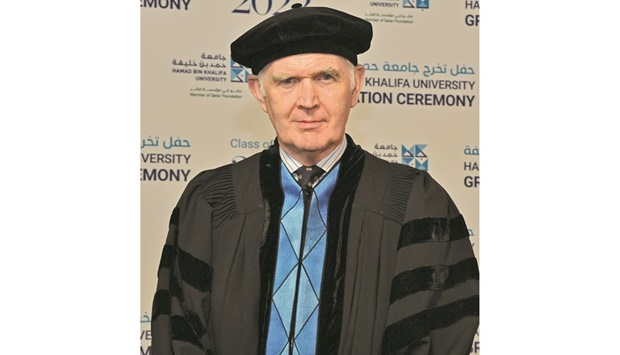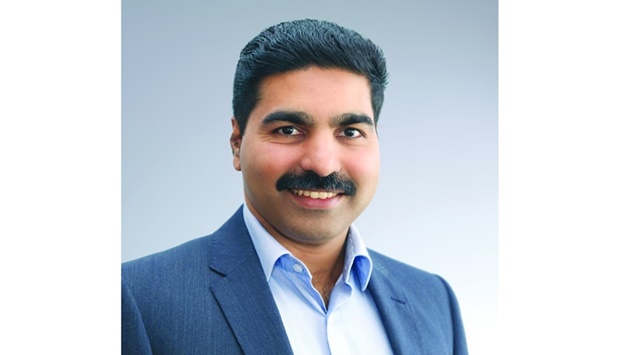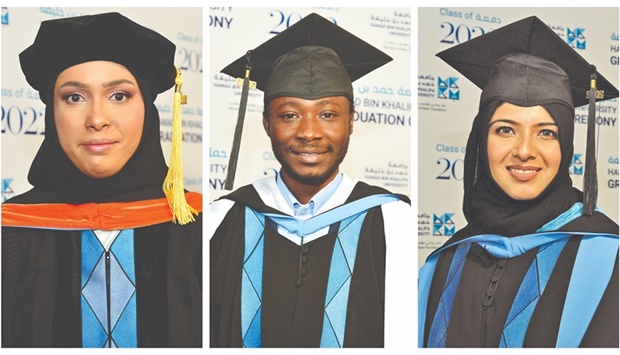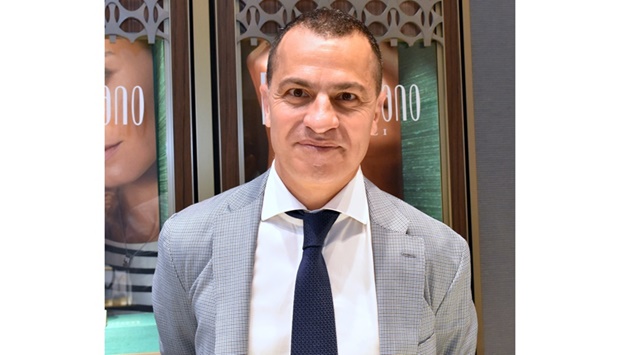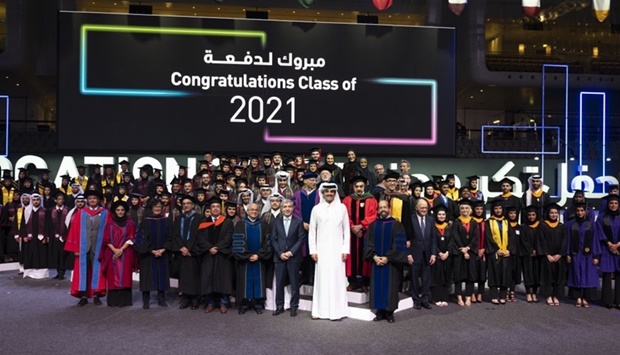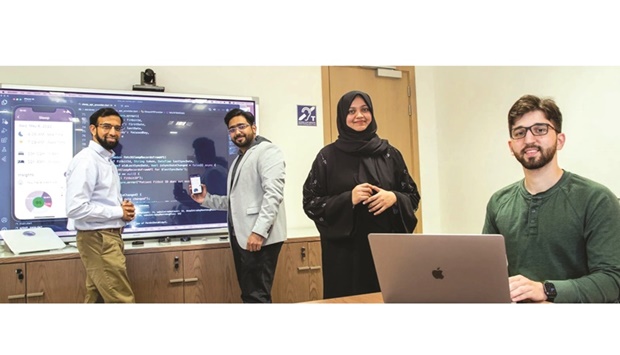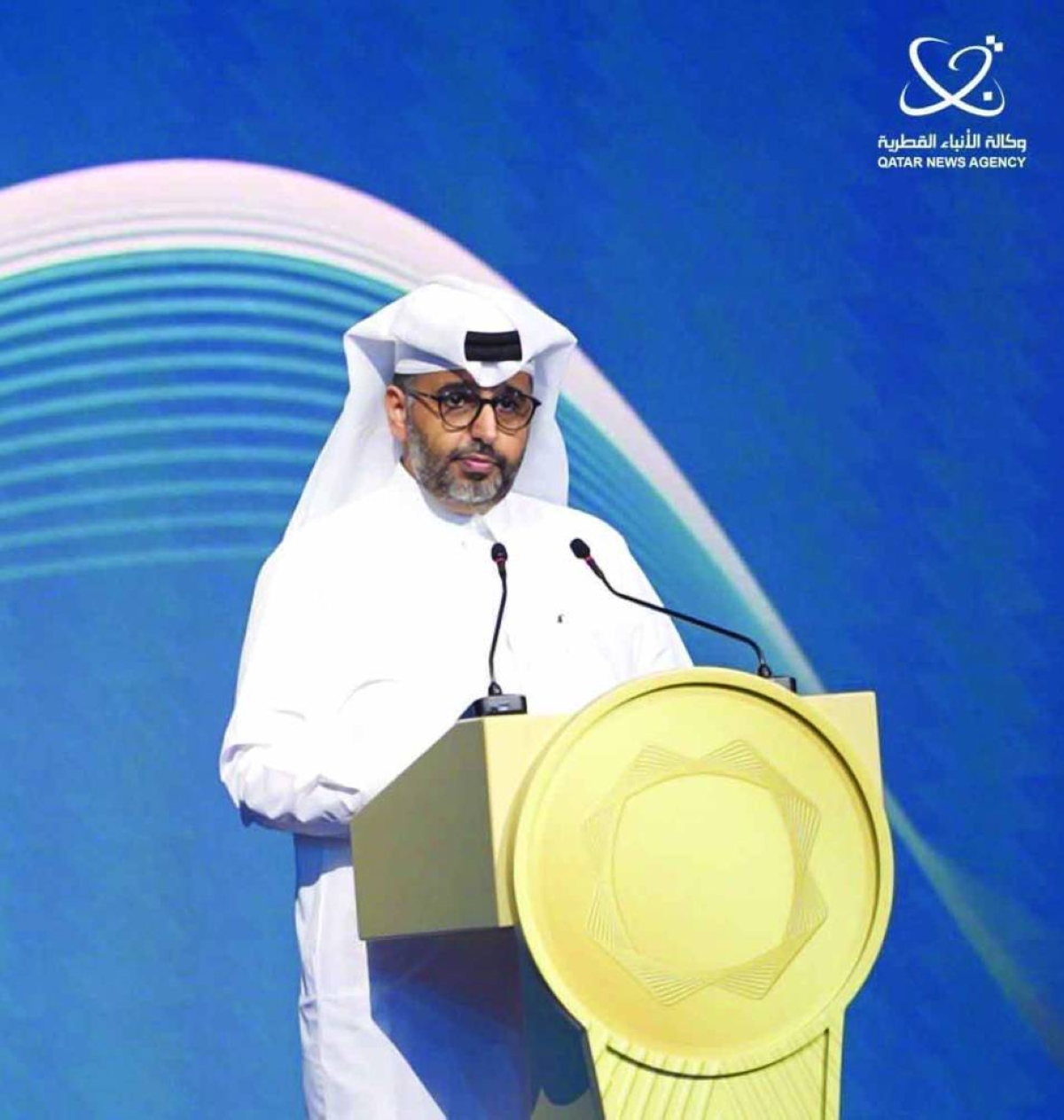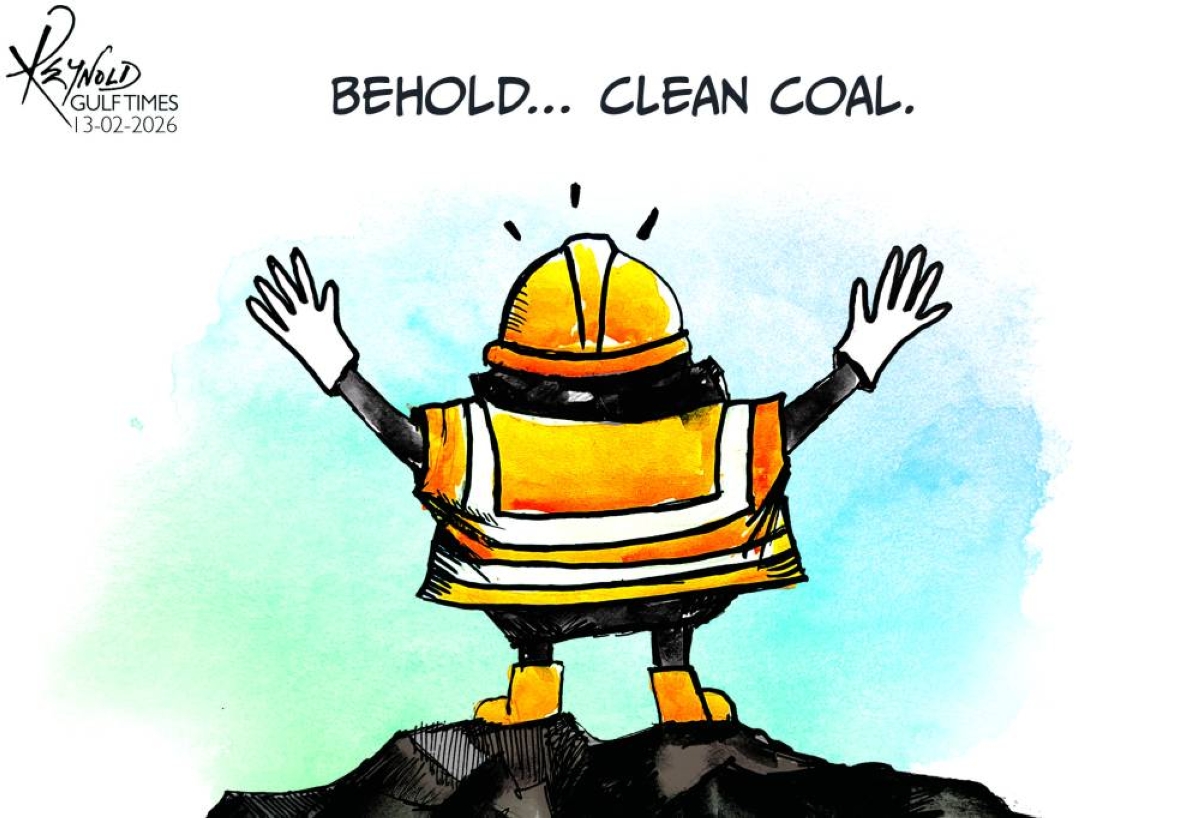Qataris travelling to the UK will be exempt from the visa requirement from next year, the British ambassador said Saturday. “During the recent UK visit of His Highness the Amir Sheikh Tamim bin Hamad al-Thani, the UK government announced that the visa requirement for Qataris to travel to the UK will be lifted from next year,” said Jonathan Wilks. Wilks was speaking to the media on the sidelines of the opening of the British Food Week at LuLu Hypermarket, Abu Sidra Mall. “From next year, there will be a new travel system across the whole world, which is an electronic travel authorisation. Qataris travelling to the UK will not need a visa to enter the UK,” the British ambassador explained. According to the British envoy, the visit of His Highness the Amir to the UK was a very successful one. “I was with His Highness the Amir during the visit. His Highness met several high-profile dignitaries such as Queen Elizabeth II, the Prince of Wales, the Prime Minister and other ministers. During the visit, we signed a number of agreements for developing economic, security and people-to-people relations,” he continued. “At the meetings, Qatar agreed to invest next to £10bn in the UK while Britain will support the security and defence efforts during the FIFA World Cup Qatar 2022. These are among the big announcements. This is a good, positive atmosphere for increasing trade between both the countries in all sectors,” he added. Regarding the British Food Week at LuLu outlets, the envoy said it was the biggest launch with the biggest range of products of British food items. “We look forward to everyone visiting LuLu outlets during the British Food Week as there is something for everybody. It is not only the broad range of products, but also a new range of gluten-free, lactose-free, low-sugar and no added sugar items. It provides healthy products and new brands in the market. There will be a lot of familiar products but there will also be a lot of new products. This is something to encourage people to come to LuLu to buy their favourite brands and try out something new,” he pointed out. The envoy said interest in the British Food Week and British products is growing year after year. “There is a lot of interest in British products and we observe people’s growing participation in the British Food Week year after year. With increased demand, LuLu brings in more products to the market. With the World Cup around the corner and with a large number of visitors expected in the country, LuLu is positioning itself to provide a friendly environment with healthy products,” he added.

Joseph Varghese
A journalist with a penchant for reporting events, Joseph Varghese digs deep to unearth facts. With several years of experience, including at Gulf Times, Joseph handles health, science and technology, IT and education in addition to everyday developments.
Most Read Stories

